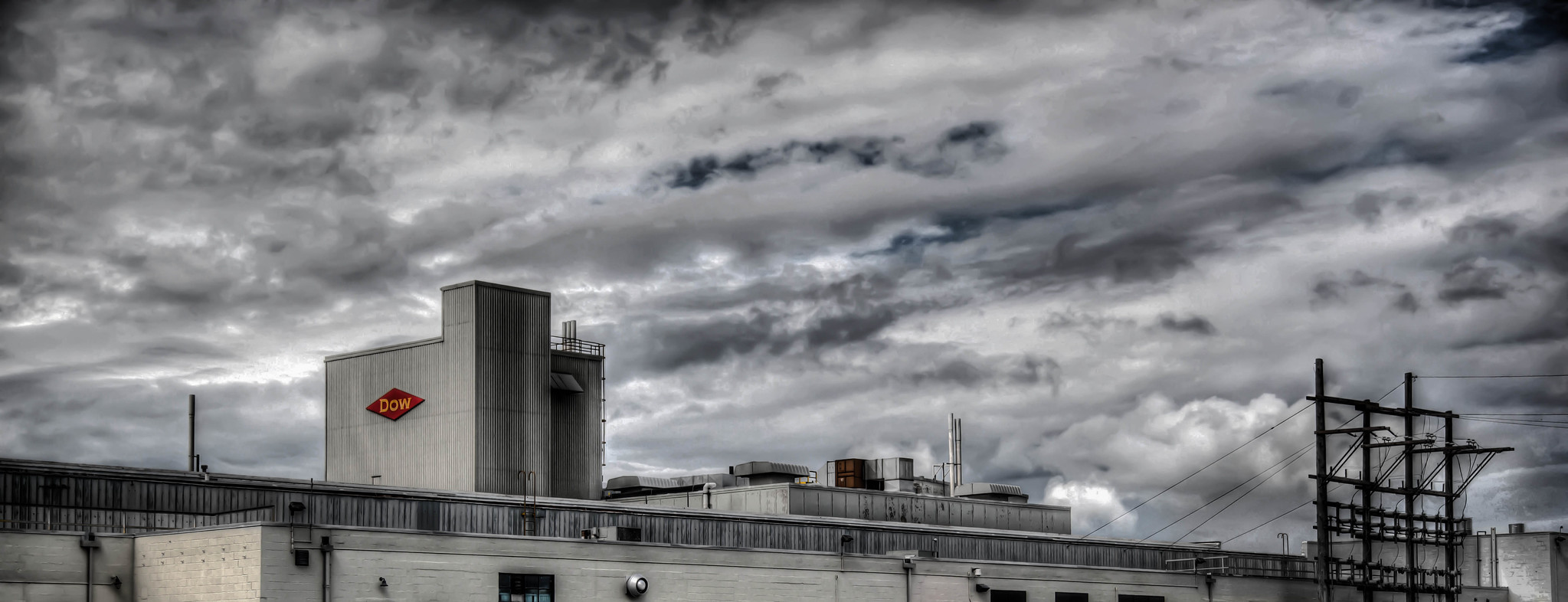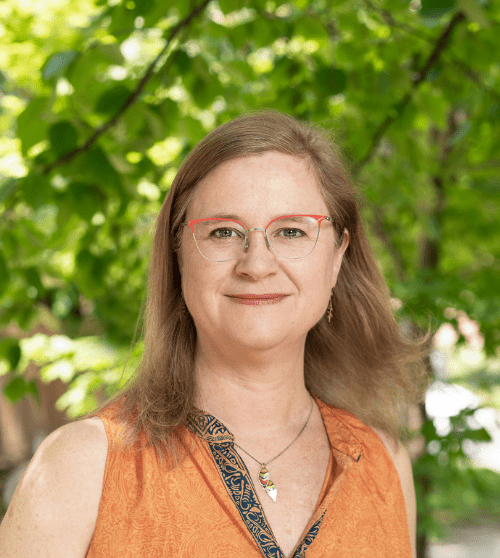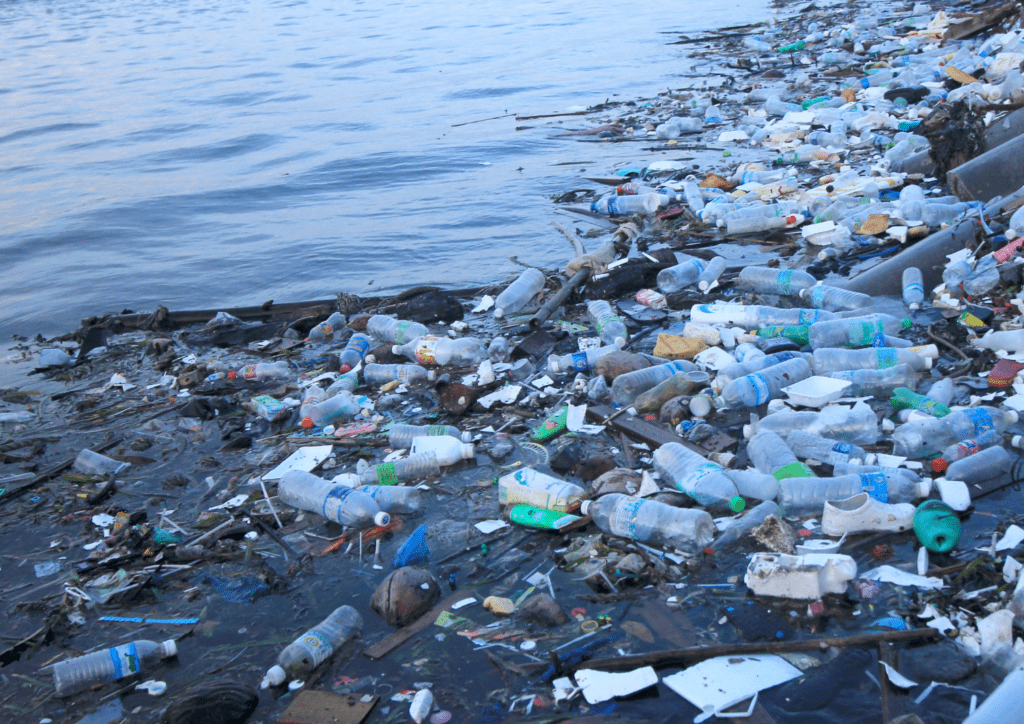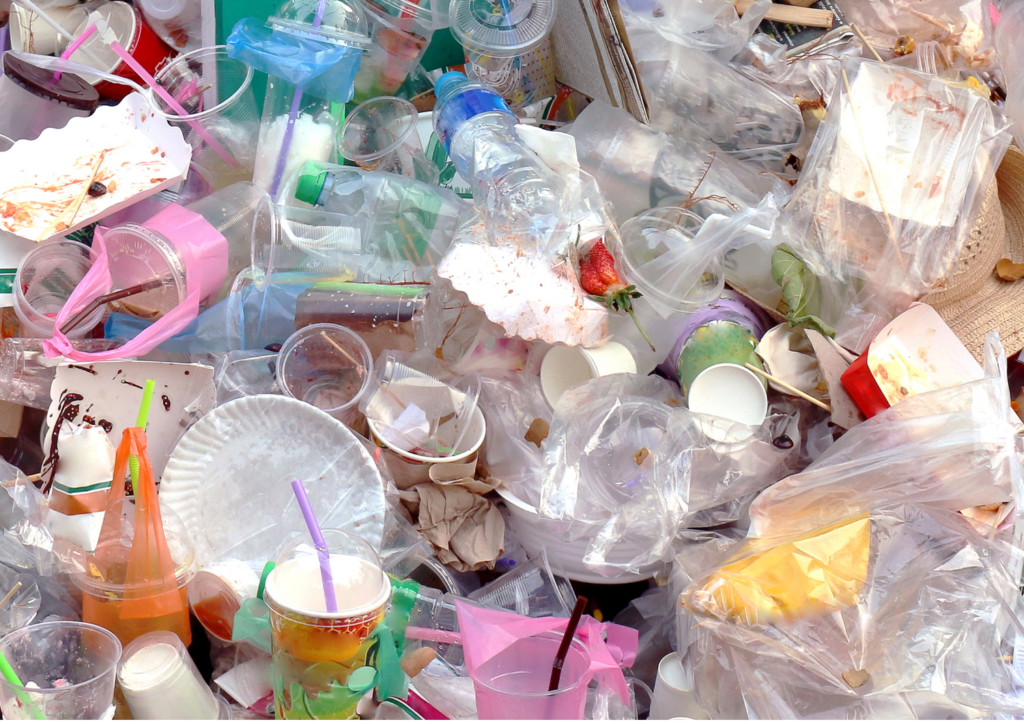The petrochemical and plastics industry has been busy on Zoom. Dozens of meetings and phone calls are detailed in the federal lobbyist registry between the industry and officials in Ottawa since last October when the government released its draft plan to stop plastic pollution.
It’s not hard to guess the key messages that the Chemistry Industry Alliance of Canada (CIAC) and its members, including Dow Chemical, pushed across the virtual table. They were probably something like these:
“Don’t ban plastic items. Plastic doesn’t pollute the environment. People pollute the environment.”
And, “please don’t list plastic as toxic. That would be mean. Plastic is our friend.”
Get the facts about plastics so you can help fight industry disinformation.
The Chemical Industry Goes to Ottawa
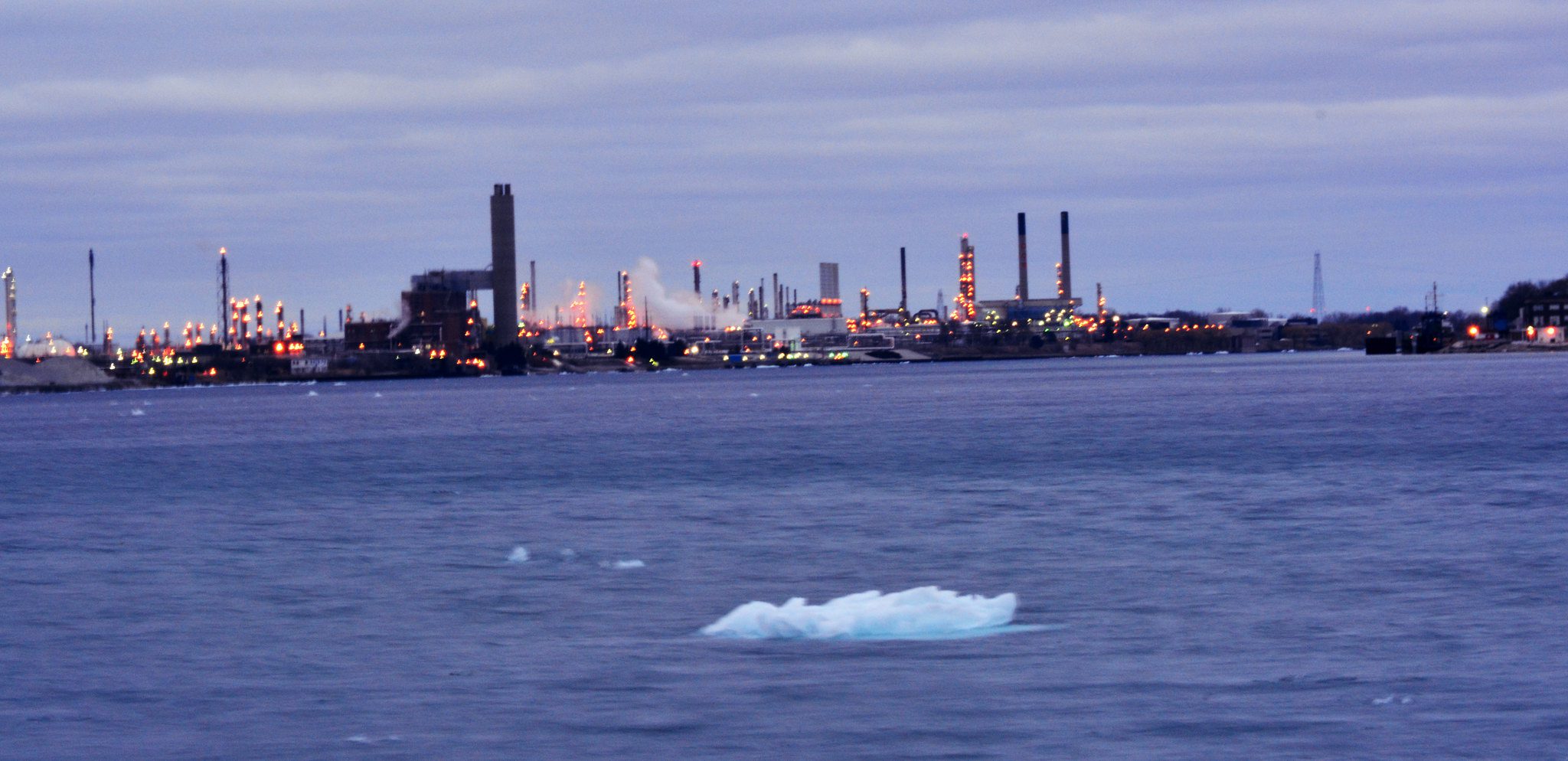
Dow had some 15 meetings with federal officials since September and CIAC more than 50 since October 5. On that day, CIAC and Dow along with NOVA Chemical, BASF Canada and Imperial Oil, met with Environment Minister Jonathan Wilkinson and two aides.
That meeting (possibly those meetings? The registry doesn’t specify) didn’t succeed in protecting the plastic tide. The government’s draft plan to manage plastics was released two days later. It proposes listing plastic manufactured items as toxic and banning six single-use items.
But the thing about lobbyists is they’re hard to shake. Undaunted, they were soon back for more. The registry suggests October 20 was a lobby day, though sadly – pandemic oblige – without the usual cocktail reception. Together, CIAC, Dow, NOVA, BASF and Imperial Oil reported dozens of meetings with MPs from all parties and officials from various departments on that day.
And there have been dozens of meetings between the industry and government officials since. Just this week, Dow CEO Jim Fitterling tried to argue the benefits of single-use plastics in an op-ed in the Financial Post. The Dows of the world don’t just have Ottawa to worry about; investors are also being warned away from stranding their money in outmoded plastics manufacturing.
Plastic Is Toxic
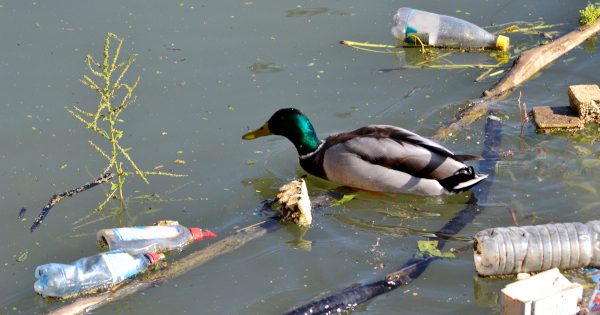
CIAC and friends want to bring *more* plastic into the world, not less. They have no time for government regulation that curbs their enthusiasm and tells it like it is. And make no mistake: plastic is toxic. The legal definition for a toxic substance includes having a “long-term harmful effect on the environment.”
The industry would have you believe that litterbugs, poor municipal recycling, or far-away countries are to blame for the plastic problem.
But pollution is intrinsic to the plastic industry, from cradle (the crackers that turn fossil fuels into plastic polymers) to grave (the landfills, incinerators or natural environment, where 90 per cent of the world’s plastic ends up).
Canadians are peak waste generators and recycling alone will never solve our plastic problem. Nearly 400 million metric tonnes of plastic are produced in the world each year — and growing. About half of it is packaging and almost none of it was designed for reuse or recycling.
Meanwhile, we continue to wait for the plan promised by the Prime Minister back in 2019 to curb plastic pollution. And to press for action, in defiance of the corporate lobby.
As with other polluting, fossil-fuel-based industries, we need to phase out our reliance on throw-away plastics. The government knows it. We know it. The industry’s going to have to come around.



